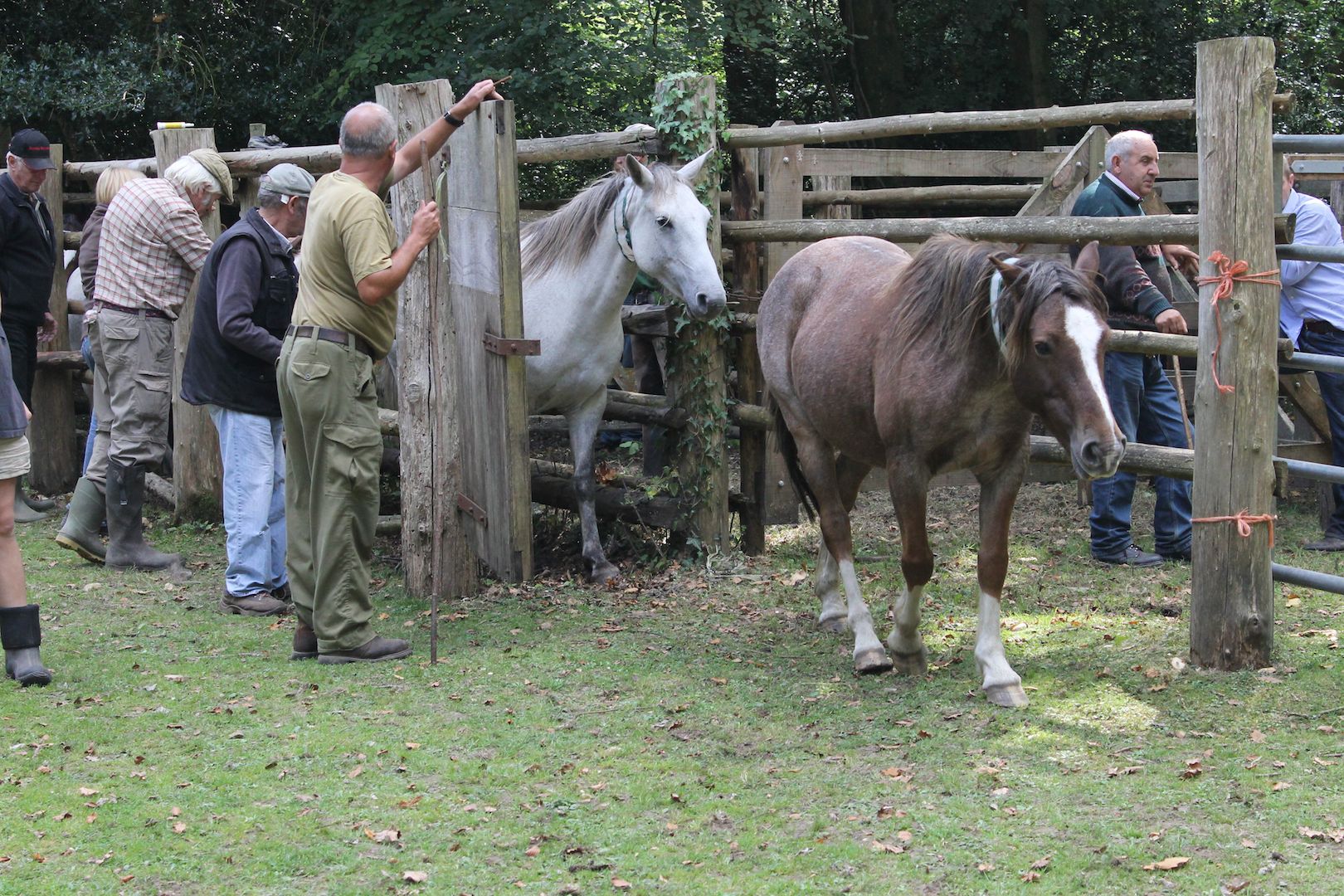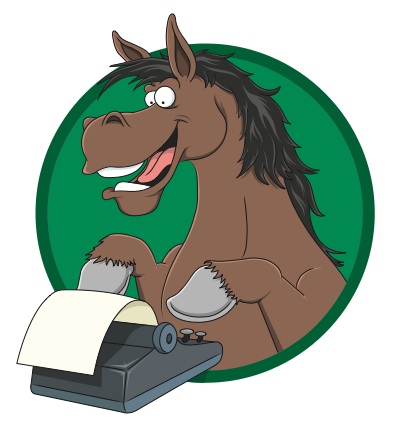
The practice of commoning on the New Forest has existed uninterrupted for over a thousand years and is still the dominant influence over the Forest’s ecology, economy and community.
We moved into our new house in 2012 and discovered to our amazement and delight that we were commoners of the New Forest. The practice of commoning, which has existed uninterrupted for over a thousand years, is still the dominant influence over the Forest’s ecology, economy and community. Commoners are those individuals who occupy land or property to which privileges known as ‘Rights of Common’ are attached. These rights include ‘depasturing’ stock on the Open Forest. There are six registered rights:
- Pasture – grazing ponies, cattle and donkeys on the Forest
- Sheep – grazing sheep on the Forest (which was assigned to Estates rather than individuals)
- Mast – turning pigs out on the Forest in the Autumn to feed on Beech mast and acorns, known as the pannage season
- Marl – taking clay to fertilize agricultural land Estovers Gathering firewood
- Turbary – cutting turves for fuel (no longer in use)
At present, over 300 commoners exercise grazing rights with more than 7,000 ponies, cattle and donkeys all year round. Our intention is to join this select band of people and turn out ponies on to the Forest. We will start with a small number of mares to begin with and see how we go from there. Before we can exercise the right of Common of Pasture we will have to make application to the Verderer’s Clerk who will be able to confirm the existence of our right and allocate a brand for our animals, to assist identification. Once they have been branded the animals may be turned out. Marking fees are paid to the local Agister each year when the ponies are rounded up in the annual drifts.
Many of the people who exercise Rights of Common are descendants of families who have been commoners for generations. Commoning today does not provide a living, it is only economic as part of a system of farming. Many of the larger farmers use the Forest for some of their stock for a part of the year but it is not an economic system that is viable in itself. Most of the smaller commoners continue with the system because they have always done so and enjoy the life and social aspects that it provides. A number of others, like us, have come into commoning for the interest it provides.
We believe that it is vital that the tradition of commoning is maintained, as without the free roaming livestock the Forest would soon become a very different place. The ponies are the ‘architects’ of the land, feeding on the gorse and brambles that would otherwise become overgrown. Commoning relies upon co-operation between commoners and represents an important social system. For us, commoning is an indivisable social, economic and ecological way of life that has deep historical importance. We are looking forward to learning about, and ultimately, becoming practicing commoners of the New Forest.



You must be logged in to post a comment.